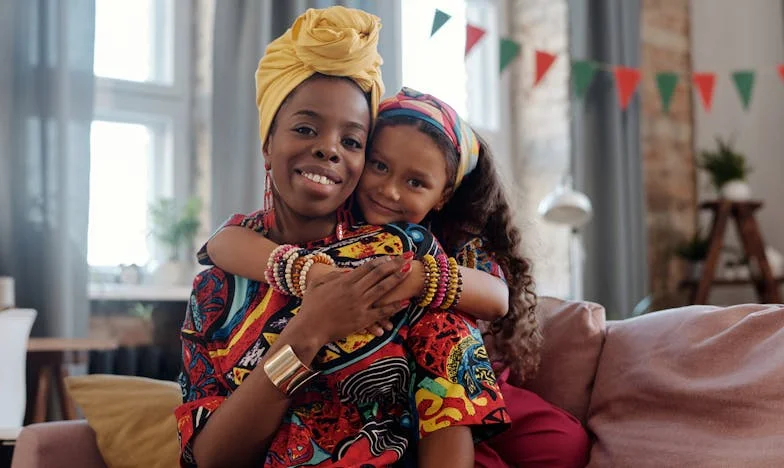“Struggling to Connect: My Misjudgments with My First Husband’s Mother”
When I first met Leah, the mother of my then-husband Brian, I was filled with a mix of nervous anticipation and a desire to make a good impression. Leah was a stately woman with sharp features and an even sharper tongue, or so I had been warned by Brian before our meeting. Despite my best efforts, our relationship started off rocky and, unfortunately, it never quite stabilized.
Leah was a widow, having lost her husband when Brian was just a teenager. She had single-handedly raised her son in their small, tightly-knit community in Vermont. By the time I entered the picture, Brian had moved away for college, where we met, and had established a life somewhat detached from his old world. This detachment, however, did not apply to Leah. She remained a central figure in his life, influencing many of his decisions, including, as I later found out, his perspectives on marriage and family.
From the outset, Leah made no secret of her skepticism towards me. During our first dinner together, she interrogated me about my background, my intentions with Brian, and my views on family life. I felt like I was under a microscope, each answer dissected for any hint of inadequacy. I tried to see it from her perspective – a mother concerned about who her only child was choosing to spend his life with – but her cold demeanor and piercing questions made it difficult for me to feel any warmth towards her.
As Brian and I got married and tried to start a family, Leah’s involvement in our lives didn’t diminish. She would often make unannounced visits, offer unsolicited advice, and openly criticize my homemaking skills. My frustration grew, but Brian seemed oblivious to the tension between his mother and me. He was used to her ways and often excused her behavior as her form of showing love. I felt isolated in my discomfort and my resentment towards Leah deepened.
Years passed, and the strain never eased. When our marriage began to falter, Leah was quick to place the blame squarely on my shoulders. In heated moments, she accused me of pulling Brian away from his family and his roots. These accusations stung, and I found myself withdrawing further, not just from Leah but from Brian as well.
Our marriage eventually ended. It wasn’t just because of Leah, but the constant stress her presence brought didn’t help. After the divorce, I spent a lot of time reflecting on what had gone wrong. It was during these moments of introspection that I began to see Leah in a different light. Perhaps she had just been fiercely protective of her son, maybe even scared to lose him to someone she didn’t understand or trust. I realized that my own defenses had prevented me from making any genuine effort to understand her.
Now, years later, I regret not trying harder to bridge the gap between us. Leah passed away last winter, and any chance of reconciliation or understanding passed with her. I’m left with the weight of what might have been if I had approached our relationship with more empathy and patience. The realization comes too late, serving as a somber lesson in the complexities of human relationships and the importance of striving for understanding, even when it seems most difficult.
